The 1960's
Entering the world stage
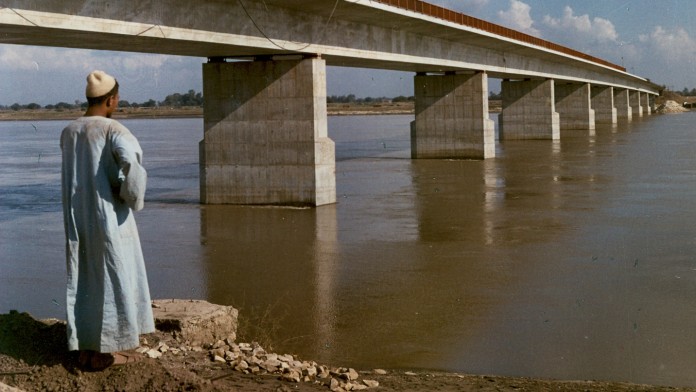
The 1960s are a time of new beginnings – for Germany and for KfW. Though still young, the Federal Republic of Germany is beginning to flex its economic muscles. The international community therefore expects it to assume increasing responsibility for development aid. This requires an 'implementing organisation' – and who better a partner than KfW, given its wealth of experience with foreign loans. Over the next few years these first international tasks evolve into a whole new business area, and a large one at that, which is legally underpinned by a reform of the Law concerning KfW. In 1961 KfW is legally mandated to perform development cooperation and commercial project financing.
International projects
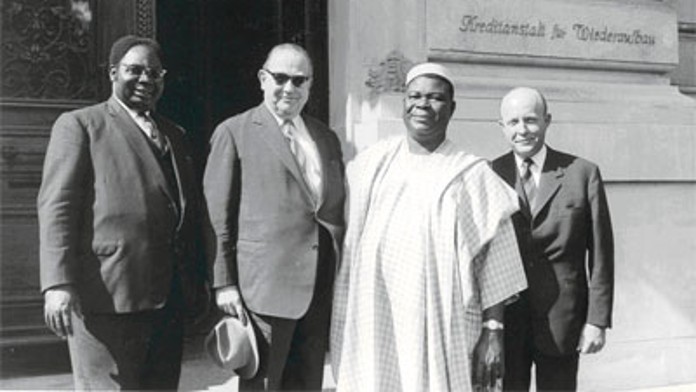
In development aid in the sixties, the influence of the Cold War is palpable. Some project decisions are based on political imperatives, for instance. Nonetheless, KfW always endeavours to base its loans on banking criteria, and propagates the "helping people help themselves" approach. It focuses on financing large-scale infrastructure projects, chiefly in the energy supply, transport and irrigation sectors. KfW also delivers capital support, because the developing and newly industrialising countries need money to pay for their many projects, large and small. KfW writes a new chapter in its own success story from the 1950s by extending loans to development banks. These are designed to support investment by the business sector in the countries concerned. In 1970 some three-quarters of all KfW promotional funds are accounted for by international projects.
Promotional activities in Germany
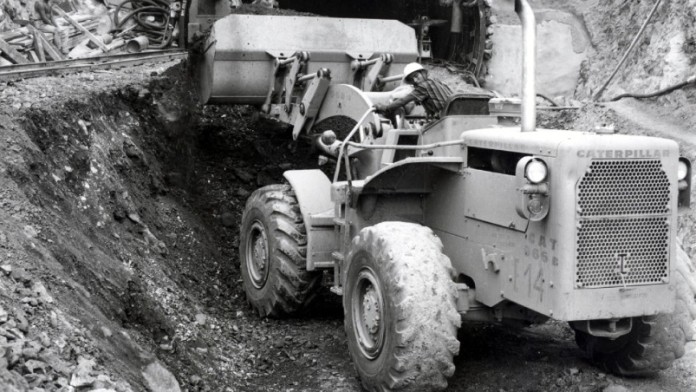
In Germany, KfW operates on two fronts. It finances rationalisation measures in the country's ailing steel industry (acting as an 'agent' for monies from Brussels). And it provides targeted support to SMEs through investment loans – thus promoting a long overdue structural change within the economy. KfW is soon able to put the expertise it gains in this process to good use. Because in the coming years, the German economy will be sailing through rough waters.
Chronicle
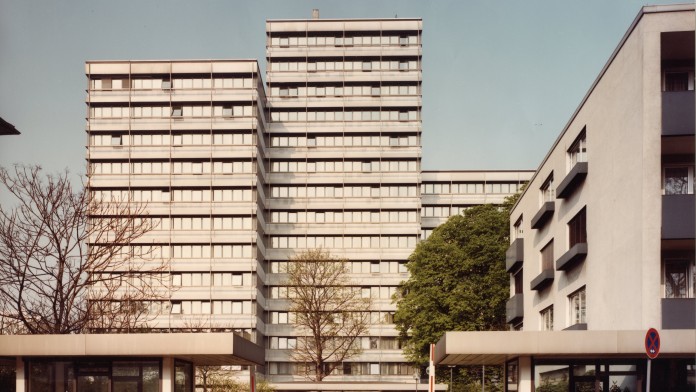
1960
- First tied financial loans issued by KfW to foreign recipients.
1961
- Amendment of the Law concerning KfW. The bank is allocated new tasks involving the "financing of projects abroad deserving of promotion, particularly within the framework of German development cooperation".
- First untied financing loan for an iron ore project in Liberia, to secure raw materials for German industry.
- Shipyard support programmes launched.
1962
- First development bank loans delivered through capital support to Pakistan.
1964
- For the first time, KfW combines capital assistance loans with tied financing loans in a mixed financing arrangement.
1966
- General Agreement between the Federal Government and KfW concerning the implementation and financing of bilateral capital assistance to developing countries.

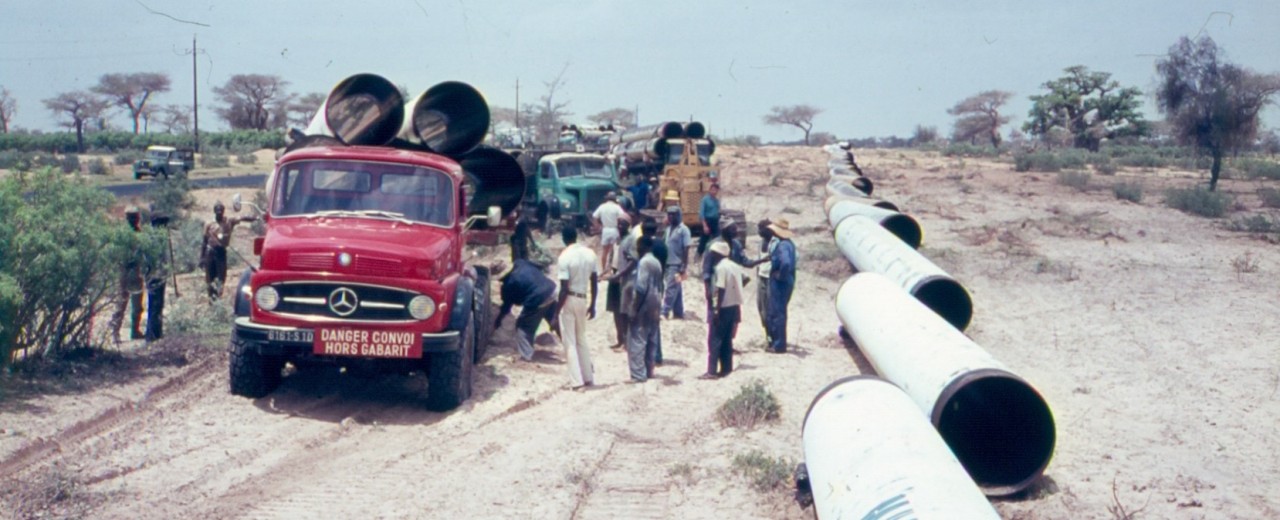
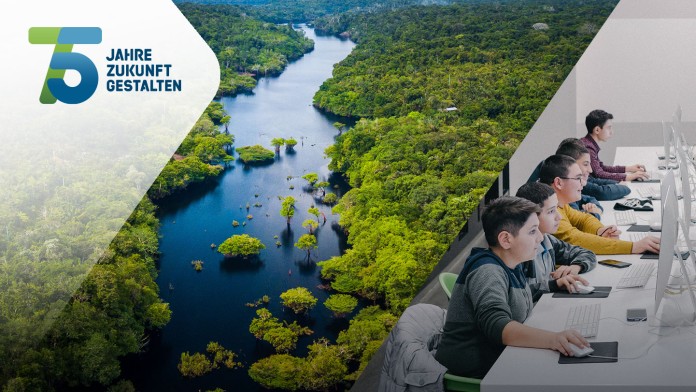
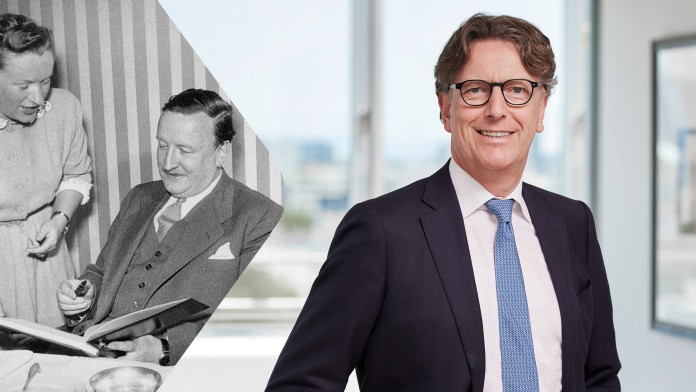
Share page
To share the content of this page with your network, click on one of the icons below.
Note on data protection: When you share content, your personal data is transferred to the selected network.
Data protection
Alternatively, you can also copy the short link: https://www.kfw.de/s/enkBbhoA
Copy link Link copied